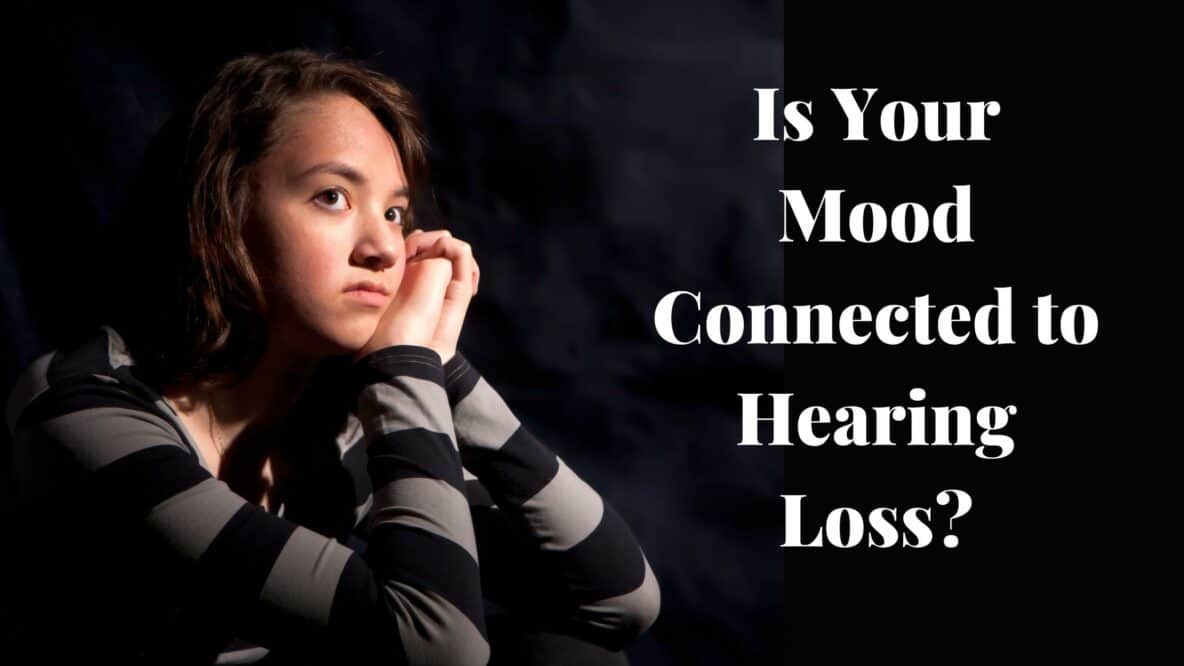One in eight people in the United States (13 percent, or 30 million) aged 12 years or older has hearing loss in both ears, based on standard hearing examinations according to the National Institute of Deafness and Other Communication Disorders (NIDCD). While it is a common misconception that hearing loss is a condition that only affects the elderly, more and more people are finding themselves living with hearing loss across generations. There are a lot of aspects to consider when exploring this effect across age groups.
For one, the Hearing Loss Association of America (HLAA), reports that of the 15% of US citizens who report some degree of hearing loss, about 60 percent are either in the workplace or an educational setting. Because the range of people with hearing loss is so diverse it is important to understand how hearing impairment can connect to a range of issues. Past communication issues caused by hearing loss stand the looming emotional aftermath of living with hearing loss.
What is Mood?
The mood is defined as a temporary state of mind or feeling. On a more technical level, our moods are controlled in our brain in the limbic system. This is a group of interconnected structures located deep within the brain. responsible for behavioral and emotional responses. Neurotransmitters, such as serotonin and dopamine, are used in effect, as chemical messengers to send signals across the brain helping us feel emotions in relation to events and objects in the outside world.
Connecting Hearing Loss and Mood
One study sought to understand the link between hearing loss and mood. The study focused on dopamine; a brain chemical that helps you feel good. Having the right amount of dopamine is important both for your body and your brain. Dopamine is regulated by the hypothalamus to regulate mood and subsequently behavior. The study from Washington State University—Vancouver built its theory upon the role of dopamine in the body also plays an essential role in the health of auditory nerve neurons. To prove this theory, they used mice and examined how dopamine altered how these neurons respond to certain sounds and voices. They found that the sound of favorable voices and sounds such as food release dopamine in the mice.
Further Studies on Mood and Hearing
Another study conducted at the University of Gothenburg explored how hearing loss affects people’s personalities and moods. The cohort was composed of 400 people between 80 and 98 years old over a six-year time. They recorded the subjects’ physical and mental abilities biannually to monitor changes. The results, published in the Journal of Personality found that those with hearing loss became less outgoing over time.
The lead of the study and licensed psychologist, Dr. Anne Ingeborg Berg, explained “To our knowledge, this is the first time a link between hearing and personality changes has been established in longitudinal studies.” She continued, “Surprisingly, we did not find that declining overall health and functional capacity make people less outgoing. But hearing loss directly affects the quality of social situations. If the perceived quality of social interaction goes down, it may eventually affect whether and how we relate to others.”
Hearing Loss and Mental Health
Our hearing is more connected to our mental health than we would first suspect. We as humans are social people and when it becomes unrewarding or frustrating to make new social connections, the alternative is to withdraw and become depressed. It doesn’t have to be this way! Seeking treatment for hearing loss can help reconnect you with your loved ones and the world around you.
Healthy Hearing
While most hearing loss is irreversible it is completely treatable. The most common treatment is hearing aids. These tiny electronic devices fit in or around the ear canal and amplify only the sounds you need to hear based on an audiology exam. With enhanced hearing, you can enjoy more ease in making connections with loved ones, family, and friends. You will also be more likely to try new things, go more places and independently enjoy your world. It’s amazing how debilitating depression can be and how motivating it can feel when you have all the tools to live your dreams. Start by scheduling a hearing exam today and start getting the most out of life again.

